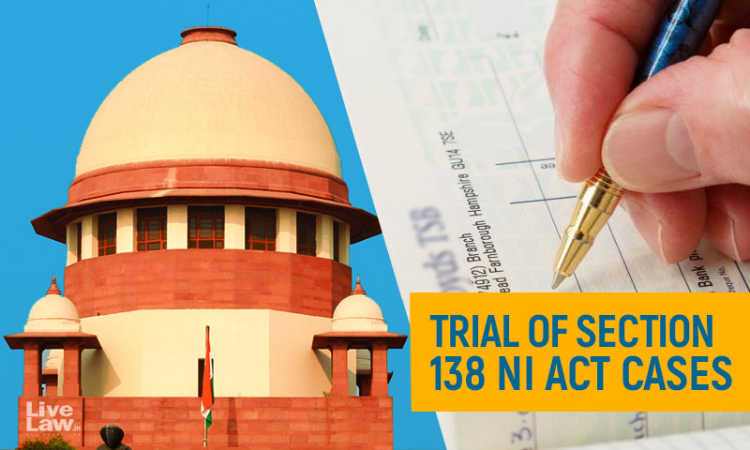Insolvency Resolution Of Company Will Not Extinguish Director's Liability Under Section 138 NI Act : Supreme Court
Pallavi Mishra
16 March 2023 8:51 PM IST

Next Story
16 March 2023 8:51 PM IST
The approval of resolution plan of a corporate debtor under the Insolvency and Bankruptcy Code 2016 will not extinguish the criminal liability of its erstwhile director under Section 138 of the Negotiable Instruments Act 1881, held the Supreme Court.A bench comprising Justices Sanjay Kishan Kaul, Abhay S Oka and JB Pardiwala held that the company's director cannot seek discharge from N.I....
